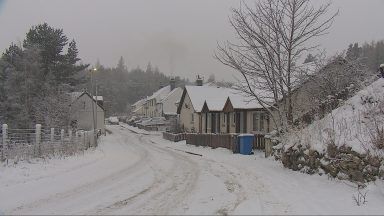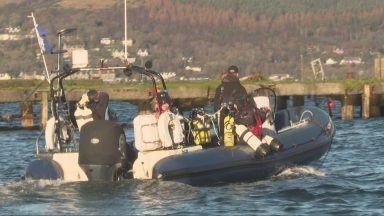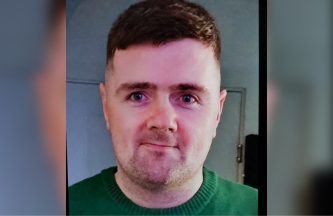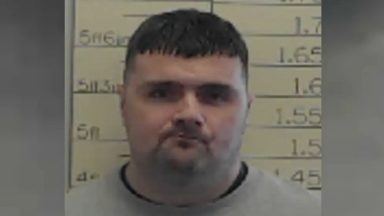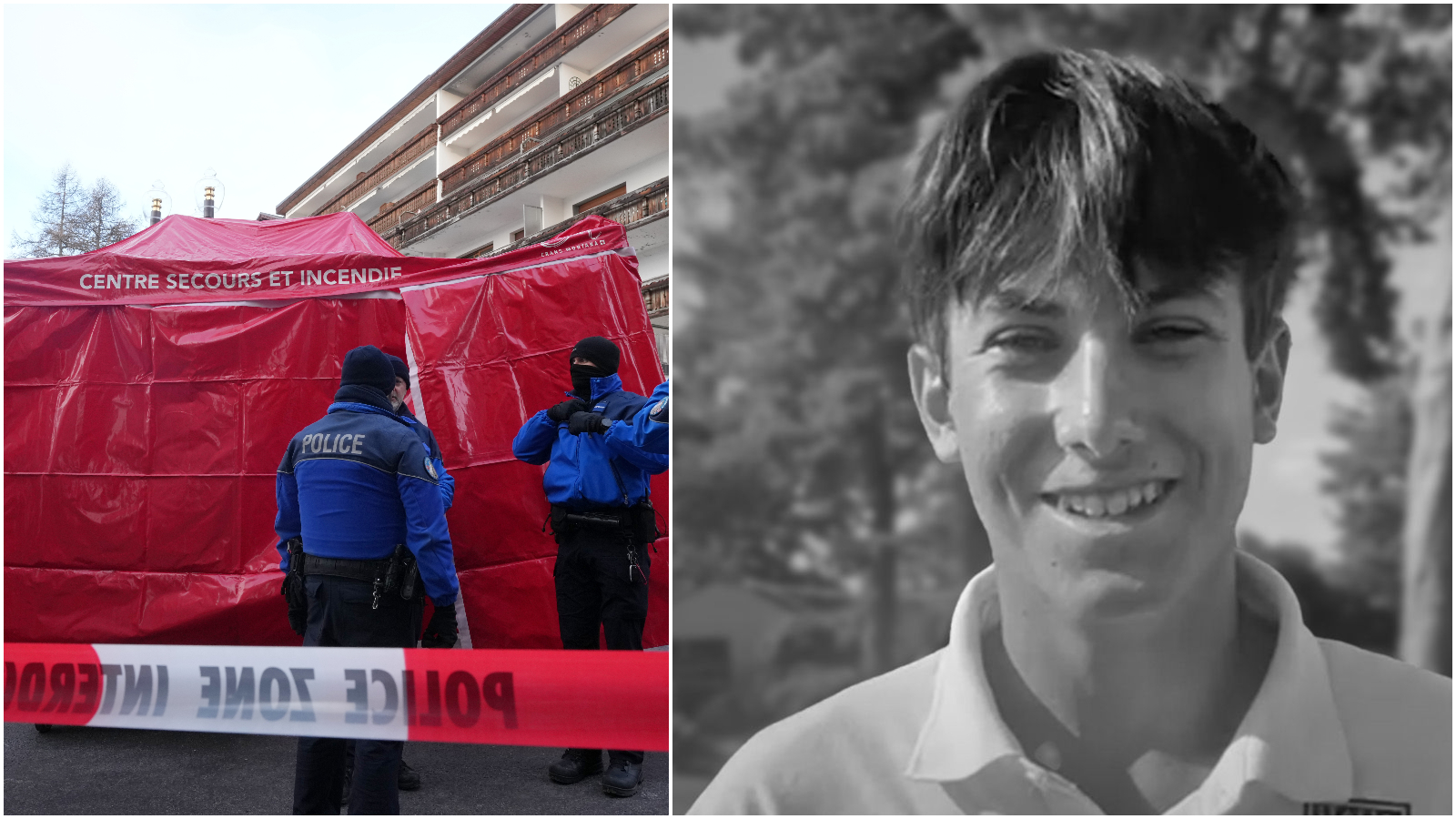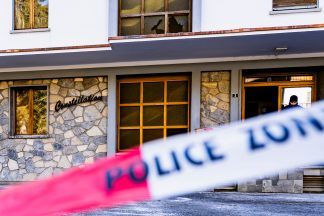A technician who died after falling while working on the construction of a wind farm in Barrhill was “an amazing worker who was always very safe”, an inquiry has heard.
Antonio Joao Da Silva Linares died on March 15, 2017, after falling at the top of a wind turbine at the Kilgallioch Wind Farm.
The 37-year-old from Portugal fell five metres onto the elevator deck of the turbine and suffered severe head and chest injuries.
A Fatal Accident Inquiry found that the otherwise “diligent” worker had not attached his harness to a fall arrest system, which would have prevented his death.
Sheriff Scott Pattison concluded: “He was committed to health and safety at work, and tragically, the evidence leads the inquiry to conclude that it is more probable than not that the accident occurred as a mistake he made at work that day for reasons that will remain unknown.
“The evidence also suggested he had made very few, if any, of these in the past, and our hearts go out to his family and friends.”
Mr Linares was described as a “careful worker and well-respected colleague”.
A memorial cairn has been created at the turbine where he died, with colleagues gathering there to pay respects on the anniversary of his death.
A moment’s silence was held at the cairn when visited by the inquiry.
The inquiry heard how none of Mr Linares’ colleagues had seen him fall but immediately came to his aid, with those in the turbine using their shirts to stem the bleeding.
When Mr Linares landed from his fall, he was wearing his harness and had all the required kit to safely descend the tower via the ladder and Latchways system.
His helmet remained on his head but was found to be cracked from the impact.
An investigation found no issues identified with his equipment.
Several team members came to Mr Linares’s aid, as did workers from a neighbouring wind farm, who brought a spinal board and stretcher as none were available at the Kilgallioch site.
Sheriff Pattison described the actions of technicians and medical professionals who entered the turbine as “simply valiant”.
The inquiry heard that there were issues surrounding the horizontal evacuation of Mr Linares due to the size of the spinal board compared to the hatches the board had to pass through.
This meant the board had to be tilted at an angle as he passed through elevator openings.
Emergency workers were able to remove him from the turbine by 7.30pm – around two and a half hours after he fell – before he was pronounced dead around 7.50pm.
Sheriff Pattison added: “I say that the most likely that the cause of the accident was his failure to attach himself using the fall arrest system as he normally would have thereafter falling approximately five metres within the wind turbine to his severe injury and death.”
He recommended that there should be joint health and safety drills/exercises on windfarms in construction which focus on a rescue from height; there should be basket stretchers or spinal boards which can be used to keep a casualty as horizontal as possible without undue pressure on the chest area during a rescue from height, either in every wind turbine or very close by on-site, and that the wind turbine industry should further consider whether technology to identify when a person has disconnected from a fall arrest system could be utilised to provide an audible or visual warning to other colleagues working in the vicinity.
He concluded: “I convey once again the sincere condolences of the inquiry and all parties to the family, friends and colleagues of Mr Antonio Linares.
“He must not be defined by the circumstances of his passing. He was a father, a husband and a very much loved and valued colleague.
“Que ele sempre descanse em paz sabendo que foi amado (May he always rest in peace knowing that he was loved).”
Follow STV News on WhatsApp
Scan the QR code on your mobile device for all the latest news from around the country


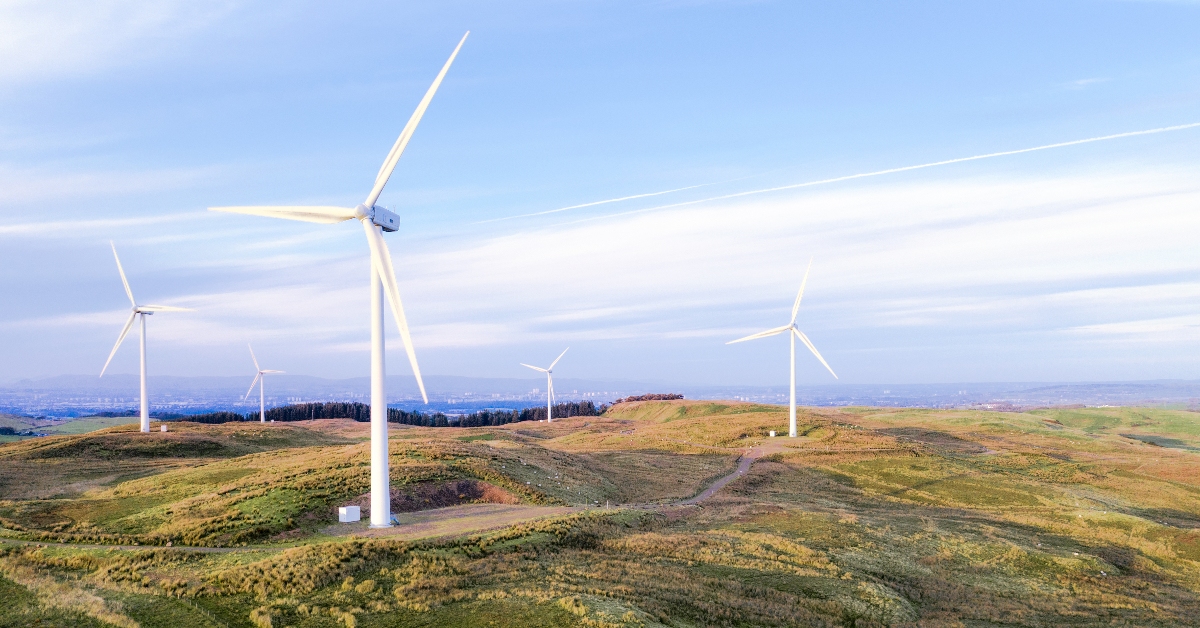 iStock
iStock

